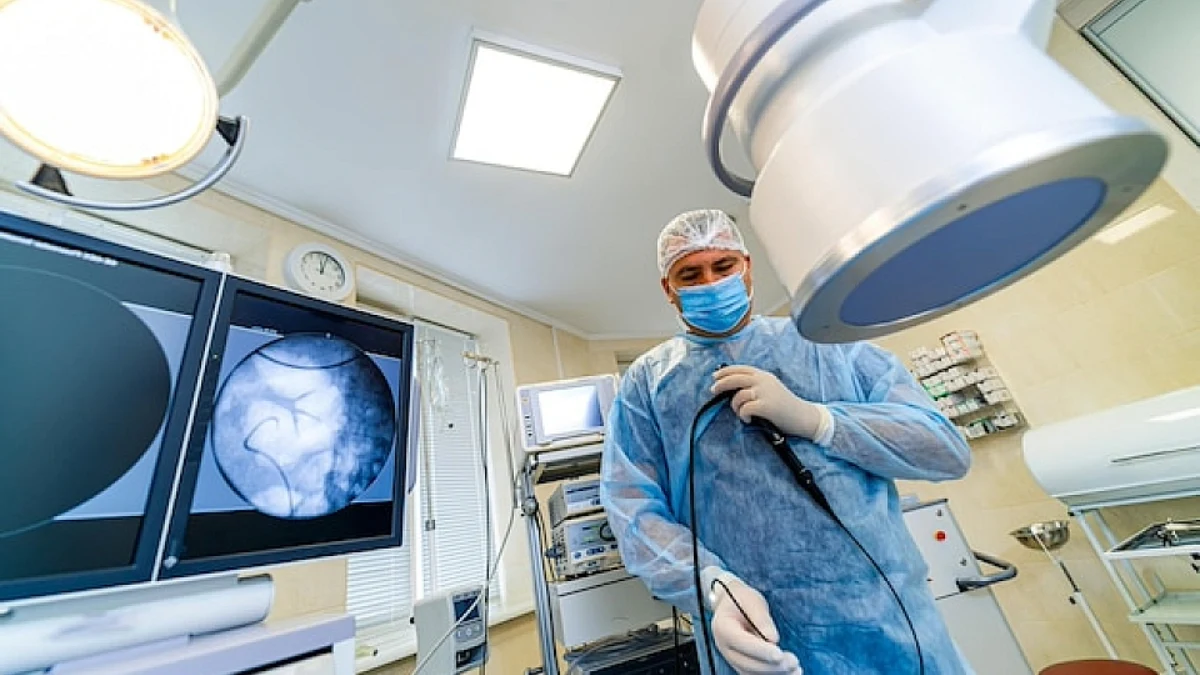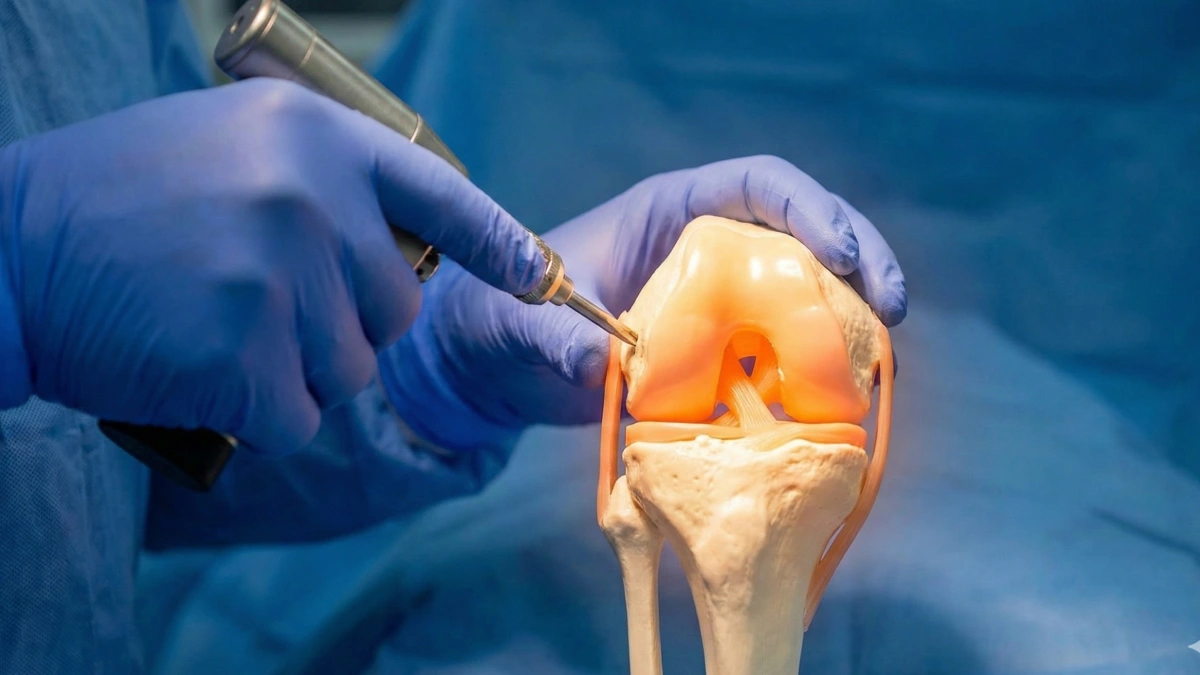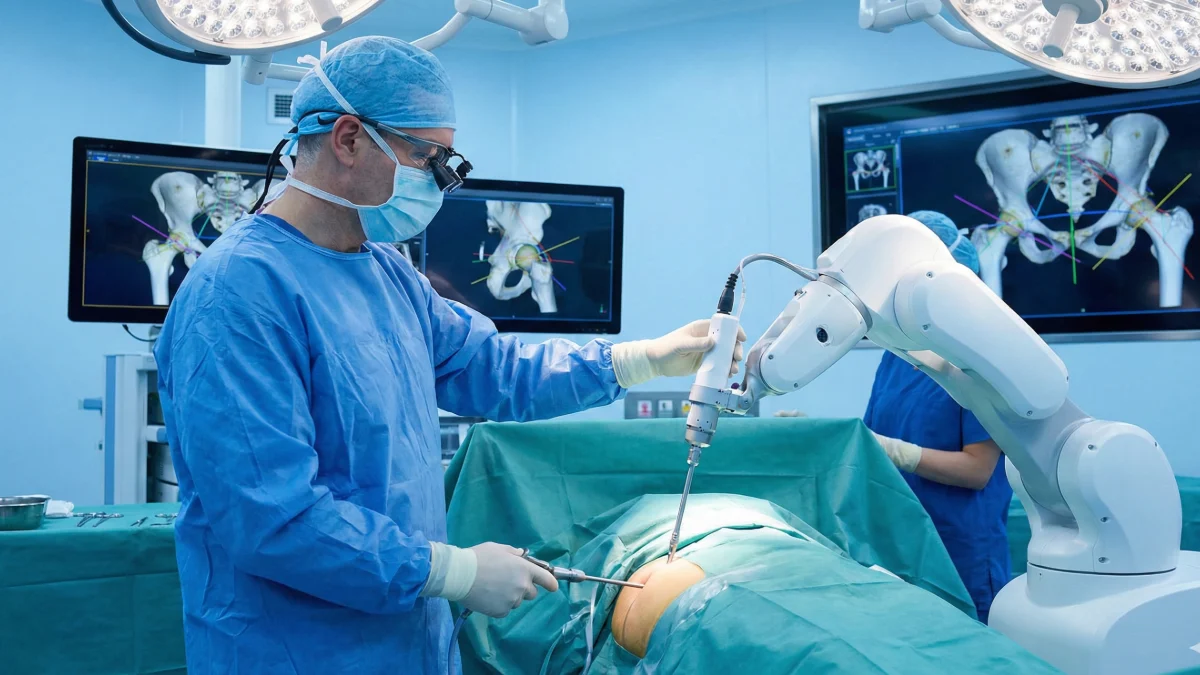Endoscopy and colonoscopy in Turkey are pivotal diagnostic and therapeutic procedures designed to examine the digestive tract. Endoscopy focuses on the upper gastrointestinal (GI) tract, including the esophagus, stomach, and duodenum, while colonoscopy targets the lower GI tract, encompassing the colon and rectum. Patients increasingly seek these procedures in Turkey due to the country’s advanced medical infrastructure, skilled healthcare professionals, and competitive costs. More people are discovering the benefits of Endoscopy and Colonoscopy in Turkey.
Why Choose Turkey for Endoscopy and Colonoscopy?
Turkey is renowned for its advanced healthcare infrastructure, internationally accredited hospitals, and highly skilled medical professionals. Patients benefit from state-of-the-art facilities equipped with the latest endoscopic technology, ensuring accurate diagnosis and effective treatment. Moreover, the cost of medical procedures, including endoscopy and colonoscopy, is significantly lower in Turkey compared to many Western countries, making it a preferred destination for medical tourists. In short, for anyone considering endoscopy and colonoscopy, Turkey stands out as an excellent option. If you wonder what can a colonoscopy and endoscopy detect we will explain below.
Endoscopy: Procedure and Purpose
An endoscopy involves the insertion of a flexible tube called an endoscope through the mouth and throat to visualize the upper GI tract. This procedure is pivotal for diagnosing conditions such as gastroesophageal reflux disease (GERD), ulcers, and celiac disease. It can also help detect early signs of esophageal or stomach cancer. The endoscope, equipped with a camera and light, transmits high-quality images to a monitor, enabling precise examination and potential biopsy collection. Opting for an endoscopy in Turkey ensures access to some of the most advanced medical technology available.
Colonoscopy: Procedure and Purpose
A colonoscopy involves inserting a similar endoscope through the rectum to examine the large intestine. It is the gold standard for colorectal cancer screening and helps identify and remove precancerous polyps. Additionally, it aids in diagnosing conditions like Crohn’s disease, ulcerative colitis, and diverticulitis. Healthcare providers recommend colonoscopies for individuals over 50 or those with a family history of colorectal cancer. Patients increasingly choose Turkey for these procedures, attracted by its skilled specialists and affordable costs.
Preparation for Endoscopy and Colonoscopy
Proper preparation is crucial for the success of both procedures. For an upper endoscopy, patients are generally required to fast for 6-8 hours to ensure an empty stomach. In contrast, colonoscopy preparation involves more extensive steps, including a clear liquid diet and bowel cleansing with laxatives or enemas. This ensures a clear view of the colon lining, essential for accurate diagnosis and treatment. When preparing for these procedures, Turkey offers detailed guidance to ensure optimal results in both endoscopy and colonoscopy.
What to Expect During and After the Procedures
Both procedures are typically performed under sedation to ensure patient comfort. During an endoscopy, a local anesthetic may be sprayed into the throat to minimize discomfort. For a colonoscopy, sedation helps patients relax as the endoscope navigates through the large intestine. Understanding what happens during and after an endoscopy and colonoscopy in Turkey can help patients feel more at ease throughout their medical journey.
Post-procedure, patients are monitored until the effects of sedation wear off. It is common to experience mild side effects such as a sore throat after an endoscopy or bloating and gas after a colonoscopy. Patients are advised not to drive and to arrange for someone to accompany them home. After the procedure, expect high standards of care during endoscopy and colonoscopy in Turkey.
Risks and Complications
While endoscopy and colonoscopy are generally safe, potential risks include bleeding, infection, and, in rare cases, perforation of the GI tract. The risk of complications is minimized in Turkey’s advanced healthcare settings, where experienced professionals adhere to strict safety protocols. For anyone weighing the risks, the advantages of getting endoscopy and colonoscopy in Turkey outweigh the downsides, thanks to the country’s stringent safety measures.
Advantages of Endoscopy and Colonoscopy in Turkey
- Advanced Technology: Turkish hospitals use the latest endoscopic equipment, offering high-resolution imaging and accurate diagnostics as part of their endoscopy and colonoscopy services.
- Experienced Specialists: Highly trained gastroenterologists ensure expert care, making Turkey a top choice for these procedures.
- Affordable Costs: Patients save up to 60-70% compared to costs in the US or UK, proving that endoscopy and colonoscopy in Turkey are value for money.
- Comprehensive Services: Hospitals provide multilingual staff, accommodation arrangements, and post-procedure care, enhancing the overall experience of undergoing endoscopy and colonoscopy in Turkey.
Conclusion
Undergoing endoscopy and colonoscopy in Turkey ensures high-quality care at an affordable price. These procedures play a crucial role in maintaining gastrointestinal health, offering early diagnosis and treatment for various conditions and cancers. With Turkey’s advanced healthcare system and skilled professionals, such as those at Avicenna International Hospital, patients can expect excellent outcomes. Avicenna’s modern facilities and expert medical team provide top-tier care, making it a great choice for those seeking reliable and efficient gastrointestinal procedures.
Each endoscopy and Colonoscopy in Turkey typically cost between $400 and $1,200, depending on the hospital and additional services.
Yes, both procedures can be performed in the same session under sedation to save time and avoid multiple preparations.
Each procedure takes about 20-45 minutes. Combined, they usually take 1.5-2 hours, including preparation and recovery time.







